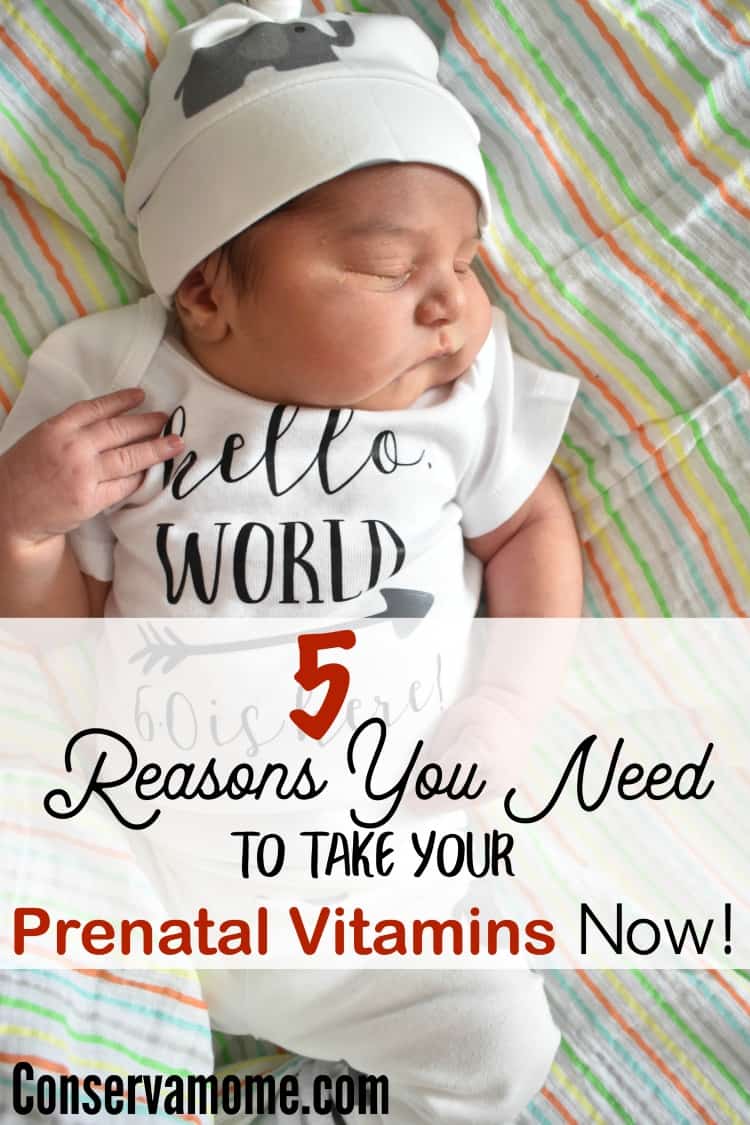What are prenatal Vitamins?
We have all heard how important it is to take prenatal vitamins while pregnant, but it can be tough to make it a priority. Many women only begin taking them after they’ve found out they are pregnant, which usually means around week 6! Prenatal vitamins should ideally be taken before conception, during pregnancy and while breastfeeding.1-3 That means many women need to be sure to add these important vitamins to their everyday routine.
You will also find various products that may help you during your pregnancy like lotions, exercise equipment teas and so much more. This guide has some great ideas to help you with other great products.
Not every prenatal vitamin is created equal and you may need different levels and vitamins during conception, pregnancy, and postpartum journey. Avion Pharmaceuticals has a line of vitamins that are perfect for each stage of pregnancy and beyond.
Why is it important to take prenatal vitamins?
1. It’s All About the Folic Acid!
Did you know? In order to effectively raise folate levels to help reduce the risks of birth defects, folic acid should be taken at least 4 weeks prior to conception.1-3 That’s something I didn’t know and was shocked to find out! But I get it, life happens and unless you’re actively trying to conceive, chances are you’re not taking your prenatal vitamins.
So, get those vitamins in now, because folic acid is one of the most essential nutrients women can take to help promote the health of the baby, lessening the risk of neural tube defects.1-4 According to the NIH, folic acid supplementation may increase the likelihood of full-term births and lower the risk of preterm birth.1,3,4
Some women may have a genetic predisposition which impairs proper metabolism of folic acid and requires them to take a bioavailable form of folic acid that allows for greater absorption.3
2. Omega-3 Fatty Acids (DHA)
It’s important to add Omega-3 fatty acids to your diet. DHA is essentially “brain food.” Your baby will already be born with nearly all the neurons he or she will ever have, so it is important to provide the necessary materials to aid in neural development.5
After birth, your baby’s brain will continue to rapidly develop. In fact, the cerebellum, which is involved in the development of motor skills, nearly triples in the first year.6,7
Taking Omega-3 fatty acids while pregnant can get tricky because of the limited amount of fish one can eat during pregnancy, so finding high quality Omega-3 fatty acids is important. The right amount of Omega-3 fatty acids benefits cognitive/retinal development, motor skills, sleep patterns, and immune development.
3. Iron
Iron supports the baby’s growth and development and may help prevent iron deficiency in pregnant women.13,14 That means getting iron is important for not only your baby’s development, but your own health while pregnant.
But if you’re anything like me, chances are you can have an aversion to some of the dietary items that may give you the recommended amount, so making sure you have a vitamin that has the right levels is important.
4. Calcium
Not all prenatal vitamins offer calcium, a necessary nutrient for a baby’s growing bones (as well as your own). If you do not regularly eat calcium-rich foods like leafy greens, dairy, fortified plant-based milks, and fortified cereal, it’s especially important that your prenatal vitamins include calcium.
5. Vitamin D
Vitamin D is a critical nutrient for before conception and throughout pregnancy. One of the primary functions of vitamin D is its role in maintaining and building bone mineralization. For pregnant women, this benefits both mom and baby. However, vitamin D doesn’t just help with building and maintaining healthy bones. During pregnancy, ample vitamin D levels may help reduce the risk of preeclampsia.15,16
This post was sponsored by Avion Pharmaceuticals and should not be construed to constitute medical advice. My personal story and opinions are my own. I am not a medical professional and am not qualified to give medical advice. Please talk with your doctor about your individual medical situation.
References:
- Czeizel AE, Dudás I, Paput L, Bánhidy F. Prevention of neural-tube defects with periconceptional folic acid, methylfolate, or multivitamins? Ann Nutr Metab. 2011;58(4):263–271.
- Chidambaram B. Folate in pregnancy. Journal of Pediatric Neurosciences. 2012;7(2):81. doi:10.4103/1817-1745.102559.
- Greenberg JA, Bell SJ, Guan Y, Yu Y. Folic Acid Supplementation and Pregnancy: More Than Just Neural Tube Defect Prevention. Reviews in Obstetrics and Gynecology. 2011;4(2):52-59.
- NIH. Dietary Supplement Fact Sheet: Folate. Office of Dietary Supplements, NIH Web site. http://ods.od.nih.gov/pdf/factsheets/Folate-HealthProfessional.pdf. Reviewed March 2, 2018. Accessed April 24, 2018.
- Nowakowski RS. Stable neuron numbers from cradle to grave. Proceedings of the National Academy of Sciences of the United States of America. 2006;103(33):12219-12220.
- Herschkowitz N. Neurological bases of behavioral development in infancy. Brain & Development. 2000;22:411-416.
- Knickmeyer RC, Gouttard S, Kang C, et al. A structural MRI study of human brain development from birth to 2 years. Journal of Neuroscience. 2008;28(47):12176-12182.
- Carlson S. Docosahexaenoic acid supplementation in pregnancy and lactation.Am J Clin Nutr. 2009; 89(Suppl):678–684.
- Greenberg JA, Bell SJ, Van Ausdal W. Omega-3 fatty acid supplementation during pregnancy. Rev Obstet Gynecol. 2008; 1(4)(Suppl):162-169.
- Cheruku SR, Montgomery-Downs HE, Farkas SL, Thoman EB, Lammi-Keefe CJ. Higher maternal plasma docosahexaenoic acid during pregnancy is associated with more mature neonatal sleep-state patterning. Amer J Clin Nutr. 2002; 76:608-613.
- Prescott SL, Barden AE, Mori TA, Dunstan JA. Maternal fish oil supplementation in pregnancy modifies neonatal leukotriene production by cord-blood-derived neutrophils. Clin Sci. 2007; 113:409–416.
- Jones ML, Mark PJ, Waddell BJ. Maternal dietary omega-3 fatty acids and placental function. 2014; 147:R143–R152.
- Scholl TO. Maternal Iron Status: Relation to fetal growth, length of gestation and the neonate’s endowment. Nutrition reviews. 2011;69(Suppl 1):S23-S29. doi:10.1111/j.1753-4887.2011.00429.x.
- Raman TR, Devgan A, Sood S, Gupta A, Ravichander B. Low Birth Weight Babies: Incidence and risk factors. Medical Journal, Armed Forces India.1998;54(3):191-195. doi:10.1016/S0377-1237(17)30539-7.
- Bodnar LM, Catov JM, Simhan HN, Holick MF, Powers RW, Roberts JM. Maternal vitamin D deficiency increases the risk of preeclampsia. J Clin Endocrinol Metab 2007; 92: 3517–3522.
- Bakacak M, Serin S, Ercan O, et al. Comparison of Vitamin D levels in cases with preeclampsia, eclampsia and healthy pregnant women. International Journal of Clinical and Experimental Medicine. 2015;8(9):16280-16286.
Looking for more pregnancy related posts? Check out ways to cope with pain and discomfort during pregnancy.


